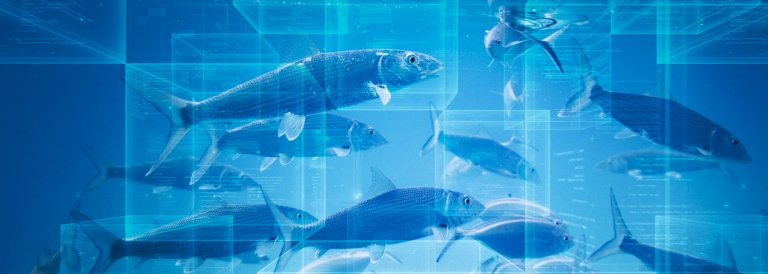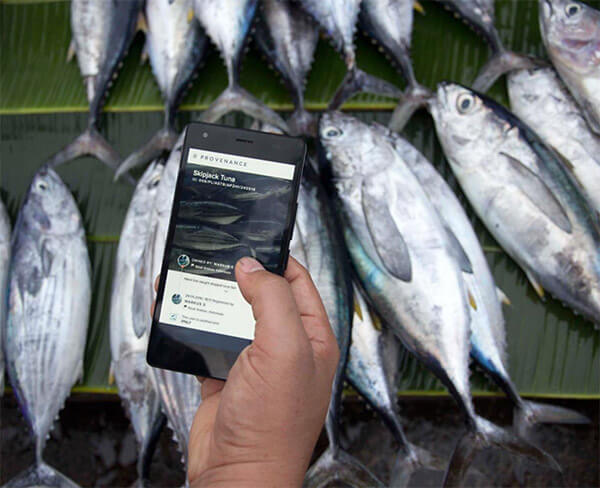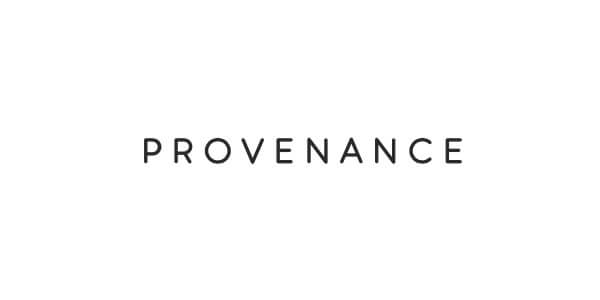 Do You Know Where Your Fish Is Coming From? Blockchain May Provide the Answer
Do You Know Where Your Fish Is Coming From? Blockchain May Provide the Answer Do You Know Where Your Fish Is Coming From? Blockchain May Provide the Answer

Unsplash
If you’re like most people, the true origin of your seafood remains mostly unknown. What’s more, it can be even more difficult to know whether the fish you’re eating is sustainably and ethically sourced. Are you unwittingly contributing to forced labor and unsustainable fishing practices? Is blockchain the answer?
The lack of transparency in food supply chains today is genuinely concerning. Many consumers are not aware where the food on their table is coming from. It is not easy to identify where your food started or where it traveled on its journey to the supermarket. Startups such as Provenance and major organizations such as The World Wildlife Fund (WWF) are looking to solve the lack of transparency in supply chains by using blockchain technology, and they are starting with the fishing industry.
What are the issues in the fishing industry?
The fishing industry is infamous for using unsustainable fishing practices and is one of the worse industries for human rights violations. The United Nations Food and Agriculture Organization (FAO) indicates that about 50 percent of global marine fisheries resources are fully exploited, 25 percent are overexploited, and about 25 percent could, as it seems, support higher rates of exploitation (FAO, 2005a).
On an industry level, food maker John West made headlines when it was dropped by supermarket giant, Tesco. They cited the need for the fish company to ensure it was using sustainable sources of tuna. Tim Smith, Tesco’s group quality director, said,
“We wanted to take our commitments on quality sustainable tuna further, and earlier this year we announced we would take steps to make sure all the tuna on our shelves – including branded tuna products met our requirements.”
Can blockchain technology help to resolve these issues by creating a more sustainable and ethical fishing industry. WWF and Provenance are two companies that certainly think so.
How blockchain technology is making a difference.
Blockchain technology is being used in trials in the Pacific Island fishing industry to improve tuna traceability and to help stop illegal and unsustainable fishing practices. WWF has teamed up with ConsenSys, a blockchain software technology company; Traseable, a fisheries traceability tech company; and Sea Quest Fiji LTD, a tuna, and processing company, to start the blockchain project.

They are calling the project “Bait-to-plate,” and it will use a combination of radio frequency identification (RFID) tags, quick response (QR) codes, and scanning devices to track the tuna’s journey along the supply chain.
Tracking will start as soon as the fish is caught and tagged using a reusable RFID tag that is on the boat.
The devices are then detected and their location will be automatically uploaded to the blockchain throughout the food production process.
Once the fish has been processed, it will then be fitted with a cheaper QR code tag on the packaging. The unique QR code will be linked to the blockchain record associated with the particular fish and its original RFID tag. The QR code tag will be used to trace fish all the way to the supermarket shelves.
WWF-Australia CEO, Dermot O’Gorman, notes,
“Bait-to-plate transparency using the blockchain will mean there is no place to hide for illegal, unregulated and unreported fishing or those operators who use slave labour or impose horrific conditions.”
This is not the first trial that has been done of this nature. Provenance has already completed a successful trial project, tracing products from Indonesian fisheries to consumers in the UK.
Provenance

In May 2016, Provenance conducted a 6-month long pilot project for using blockchain technology to establish a transparent supply chain. They used mobile blockchain technology and smart tagging to track fish that were caught by the fisherman who had verified social sustainability claims.
They were able to successfully use the p2p technology to track tuna fish caught in Maluku, Indonesia until it reached its final destination at a supermarket.
The pilot project demonstrated how blockchain technology could enable supply chain transparency and traceability. The company is also working on using blockchain to track a range of other physical items including cotton, fashion, coffee, and organically farmed food products.
Looking to the future
Overfishing and unethical practices in the fishing industry are a major problem. They are presenting the industry with human rights violations and sustainability issues. Fortunately, consumers are no longer turning a blind eye, and companies such as WWF and Provenance are looking to actively combat this and blockchain technology seems to be the solution that they were looking for.





































































































